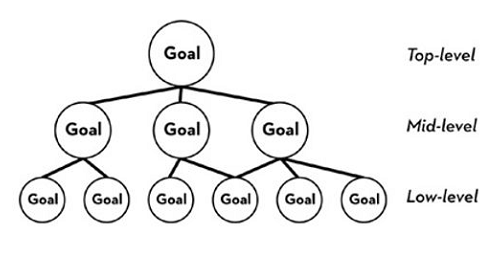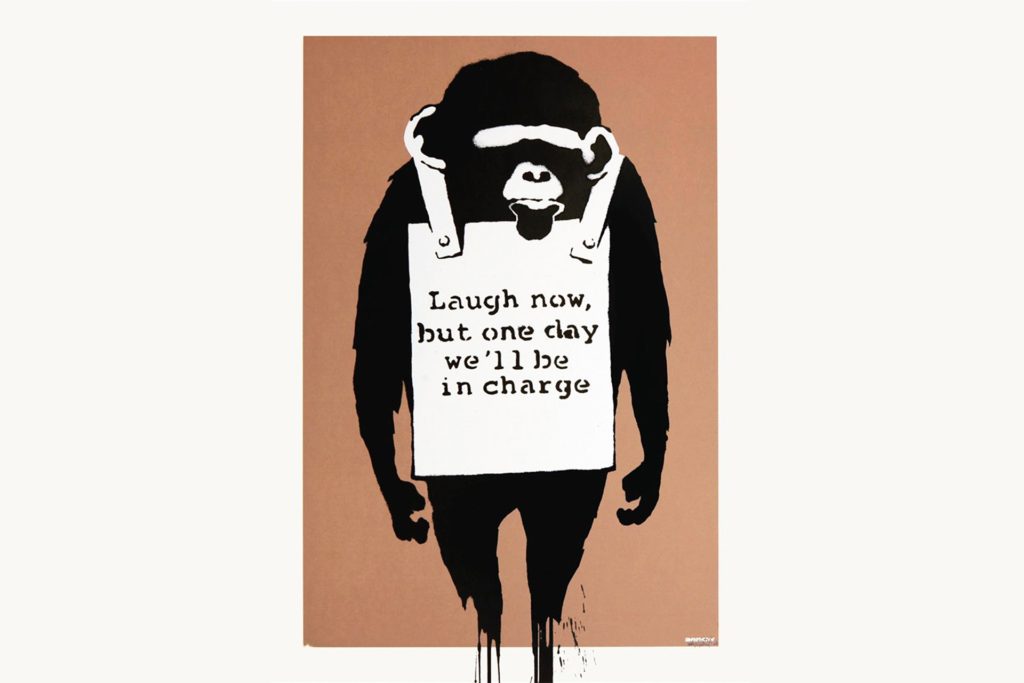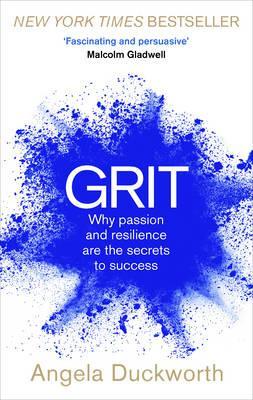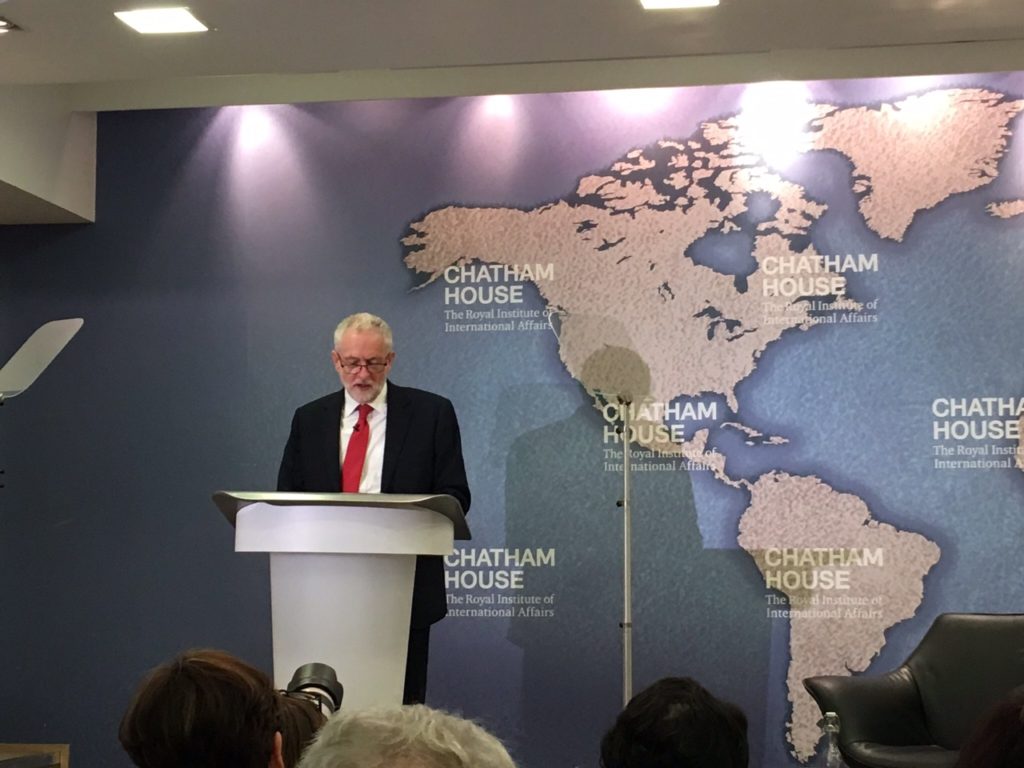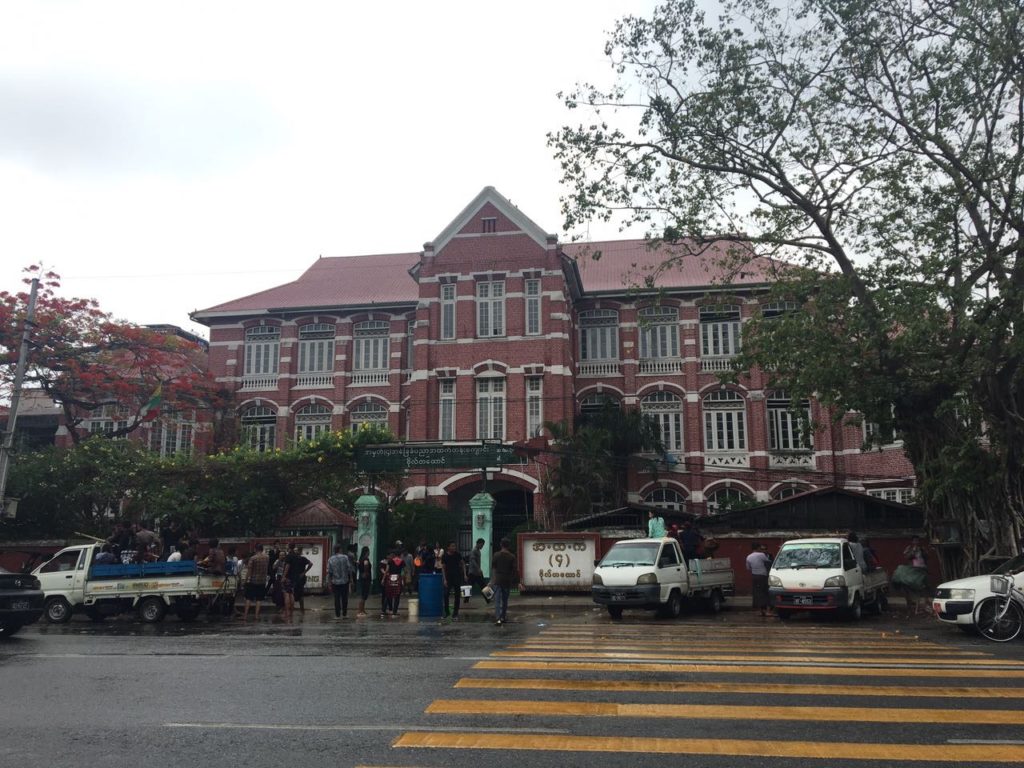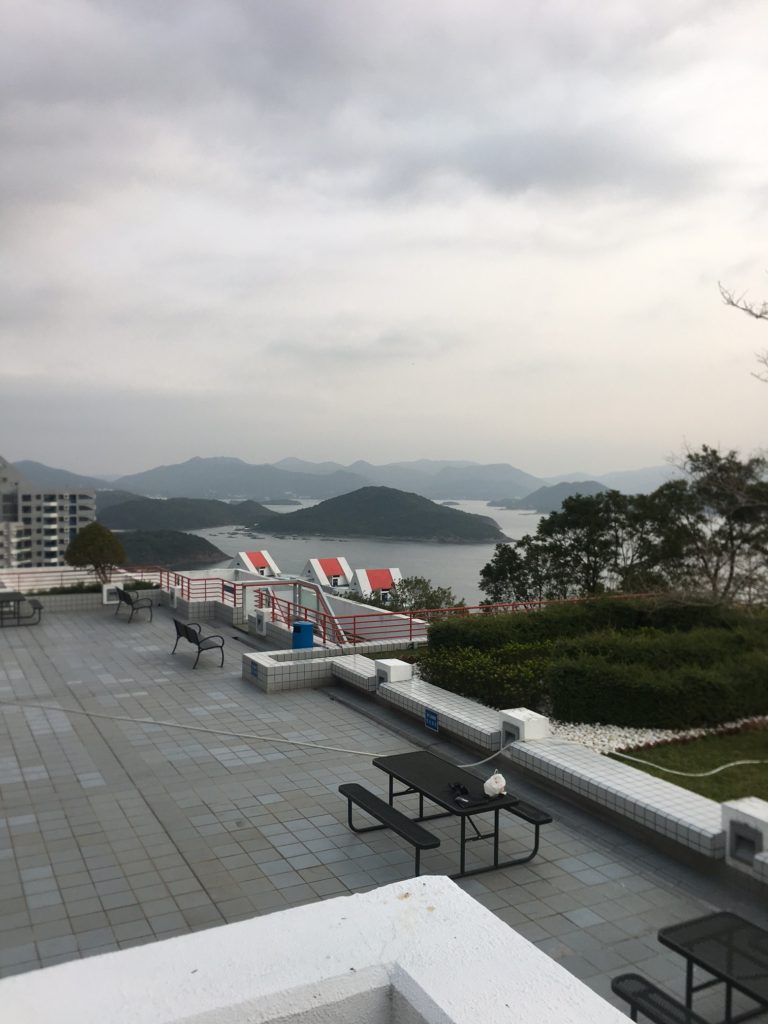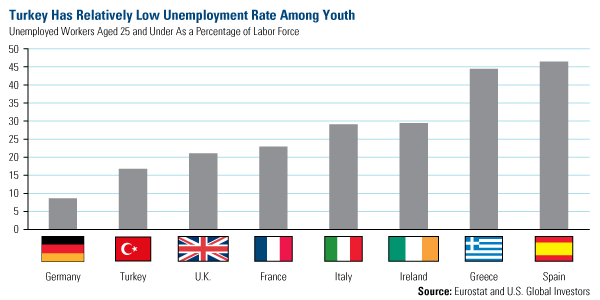Dear ALL,
I would like to sincerely thank everyone who contributed to gather my reading list for 2018. I have selected 38 books out of many recommendations and I will add 14 more during the year of 2018.
I will publish the reading list of the each month and I will publish a book review of a least one book for month from the list.
In addition, I am expecting you to help me to publish your own book reviews on my blog.
Here is the list of my reading list for 2018:
Selections: Books (2018)
- The Book of Joy by 14th Dalai Lama, Desmond Tutu, and Douglas Carlton Abrams
- Shoe Dog by Phil Knight
- Eleven Rings by Phil Jackson
- No room for Small Dreams by Shimon Peres
- Start with Why by Simon Sinek
- Finding Flow by Mihaly Czikszentmihalyi
- Physics of the Future by Michio Kaku
- Art of Thinking Clearly by Rolf Dopelli
- Industries of the Future by Alec Ross
- The Element by Ken Robinson
- Better than Before by Gretchen Rubin
- The Everything Store by Brad Stone
- The Fourth Industrial Revolution by Klaus Schwab
- The Next 100 Years by George Friedman
- Inside Investor’s Brain by Richard Peterson
- The Richest man in Babylon by George Clason
- Misbehaving: The Making of Behavioural Economics by Richard Thaler
- Inventing the Future by Elon Musk
- Steve Jobs by Walter Isaacson
- The Undoing Project by Michael Lewis
- Capital without Borders by Brooke Harrington
- The Essential Advisor by Bill Crager and Jay Hummel
- Lucifer’s Banker by Bradley Birkenfeld
- Option B by Sheryl Sandberg
- Mindset: The New Psychology of Success by Carol Dweck
- Uneasy Street: The Anxieties of Affluence by Rachel Sherman
- Leading Professionals: Power, Politics, and Prima Donnas by Laura Empson
- The Square and The Tower by Niall Ferguson
- Blockchain: Blueprint for a new Economy by Melanie Swan
- Down the Rabit Hole: Discover Power of Blockchain by Tim Lea
- The Science of Blockchain by Roger Wattenhofer
- Blockchain: The Complete Guide to Understanding Blockchain by Miles Price
- The Business Blockchain by Vitalik Buterin and William Mougayar
- The Book of Satoshi by Phil Champagne
- The Inner Citadel: The Meditations of Marcus Aurelius by Pierre Hadot
- Epictetus: A Stoic and Socratic Guide to Life by A. A. Long
- The Theraphy of Desire: Theory and Practice by Martha C. Nussbaum
- The Philosophy of Cognitive Behavioural Therapy by Donald J. Robertson
All the best from Singapore.
Sukru Haskan
Twitter: @sukru_haskan
